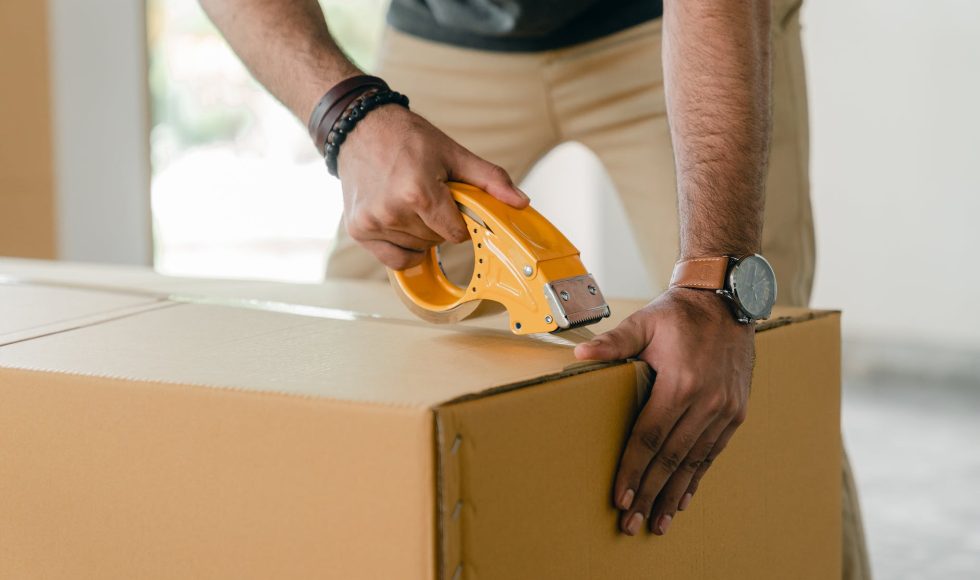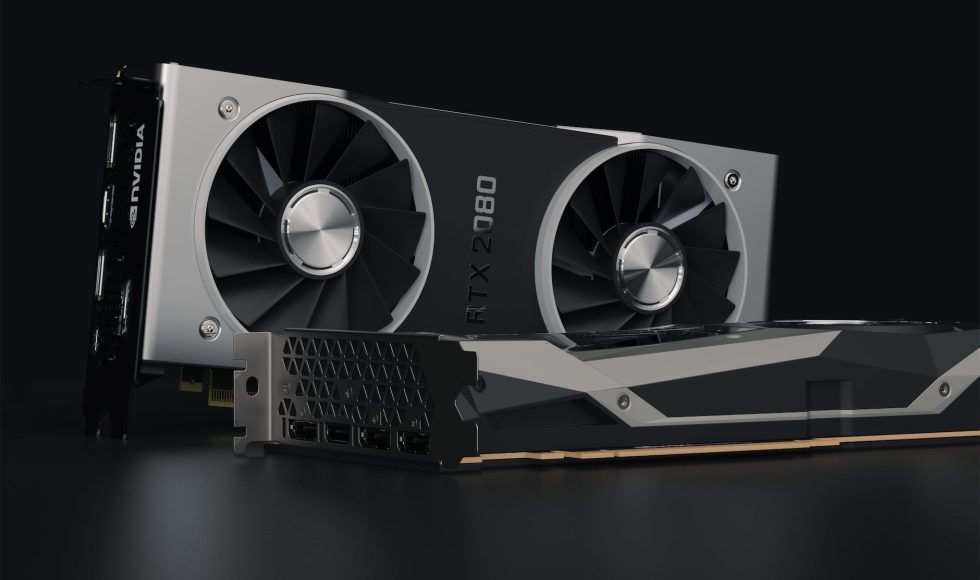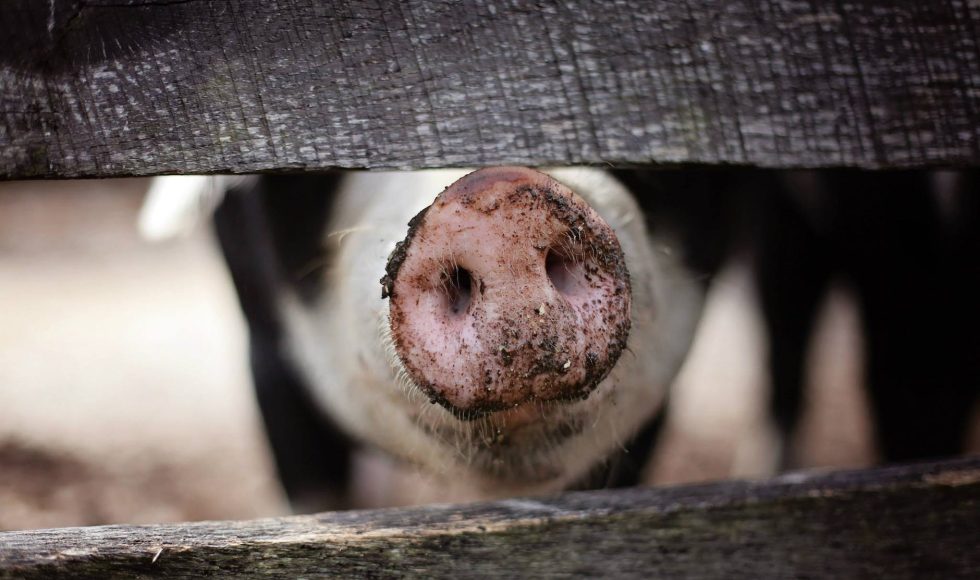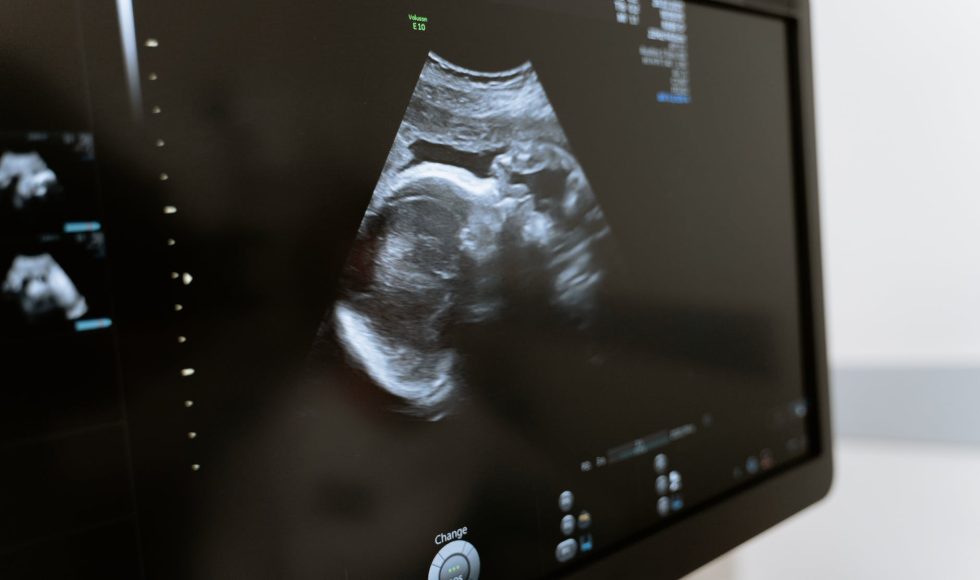Katherine Lawrence, a Machine Learning Bioinformatician with Oxford Nanopore Technologies, presented at London Calling 2023. They started with simplex base calling and the switch in sampling rates from four to five kilohertz: more measurements per second. Lawrence described how an intermediate sampling rate provided the benefit without too much noise. The POD5 format helps with […]
Chris Wright, Senior Director of Customer Bioinformatics at Oxford Nanopore Technologies, presented at London Calling 2023 on “Leveraging Nextflow for the analysis of anything, anywhere, by anyone.” I have used Nextflow and EPI2ME Labs for maybe two years and enjoyed the easy-to-use workflows that are available. Wright focuses on delivering bioinformatics by packaging algorithms to […]
“Antimicrobial wastewater epidemiology in low-resource communities” was the title of William Strike’s London Calling 2023 session. They are in the University of Kentucky and began their work on campus doing SARS-CoV-2 surveillance. They expanded their work to rural Kentucky. Strike explained that transporting wastewater from low-resource communities is difficult. They set up a BSL-2 van […]
Georg Kolling, a Principal Algorithms Scientist with Oxford Nanopore Technologies, presented at London Calling a session entitled “How we get the most out of GPUs (for sequencing).”They began with an overview of basecalling: interpreting the read sequence with machine learning as bases. For this, a deep neural network (deep learning) is used to approximate with […]
This is the second time I watch Natalie Ring present at London Calling 2023. In this eleven minute recording, Ring spoke about the Zootails project. Ring is from The Roslin Institute in the UK, and the session was entitled “Zootails: implementing nanopore sequencing for veterinary diagnostics.” The goal is to develop rapid and affordable culture-free […]
Ahmed Abd El Wahed from Leipzig University in Germany talked at London Calling 2023 about “Pathogen and species identification using a mobile suitcase laboratory.” I have been thinking about this for a while and just today received an email from Bento Lab. El Wahed recorded the talk outside and next to the mobile suitcase lab. […]
Hans-Peter Fasching a Study Director from ViruSure in Austria presented at London Calling 2023 an eight-minute session entitled “Identification of viral contamination of biopharmaceutical product using nanopore sequencing.” They mentioned that ViruSure offers a variety of biosafety tests to the biopharmaceutical industry including qPCR, virus clearance, genetic stability, and many more. Fasching presented a case […]
Nick Vereecke from PathoSense BV in Belgium presented at London Calling 2023 on “Coninfection in endemic influenza A virus-infected herds using nanopore metagenomic sequencing of tracheobronchial swabs.” Vereecke spoke about the complexity of porcine respiratory diseases: there is a mix of coronaviruses and bacteria. For some of the microbes involved, there are no lab culture […]
One of the London Calling 2023 Showcase Stage sessions was on Targeted Sequencing. Tonight, i watched the four-minute recording entitled “Rapid identification of bacterial invasion: full-length 16S or adaptive sampling?” The title intrigued me! I am waiting for the release of the updated 16S amplicon kit. There were several panelists and Thidathip Wongsurawat from the […]
Andrzej Benkowski from Eurofins USA presented at London Calling 2023 a five-minute session on the “Practical uses of nanopore long-read sequencing in a high-throughput contract food microbiology laboratory.” They are a high-throughput contract lab specializing in food and dietary supplement investigations using the Oxford Nanopore Technologies (ONT) with the GridION. One client experienced an increase […]











